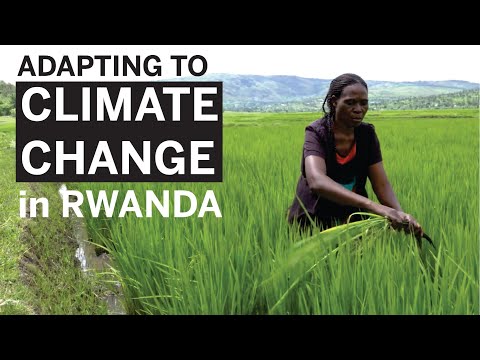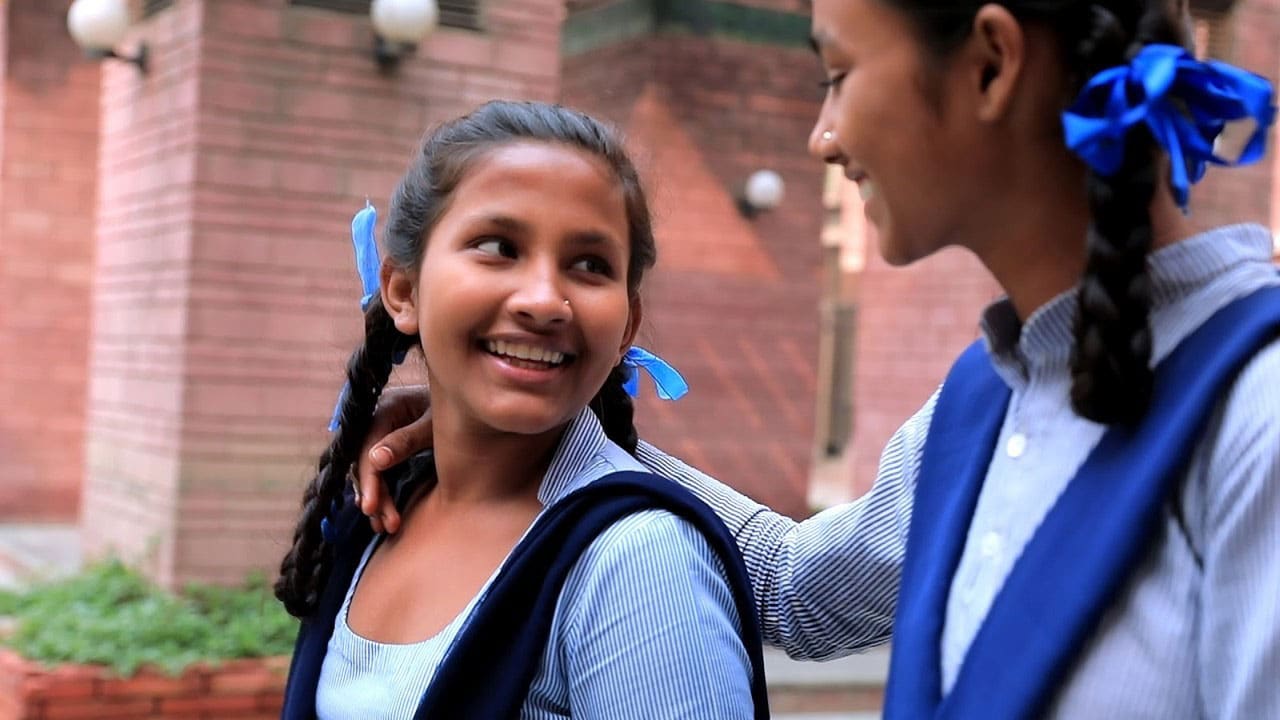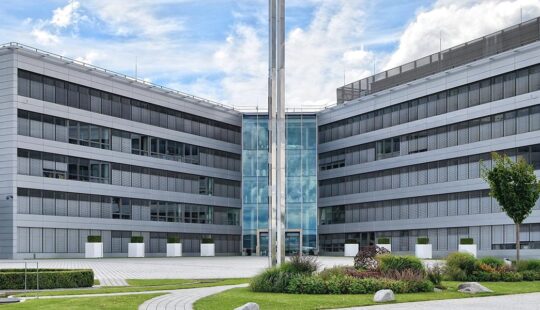With only 10 years remaining to fulfill the United Nations Sustainable Development Goals (UN SDGs), 2020 marks the beginning of the SDG Decade of Action. Now is the time to evaluate progress and activate change to ensure a more equitable and sustainable society for all.
One of the most impactful ways to open opportunity to people throughout the world is through digital inclusion. Leading experts in international development are adamant that digital literacy is an essential component to each of the 17 SDGs. More than half of global citizens, however, are still not included in the digital economy, according to the World Bank.
In a new landmark Digital Economy Report, the UN cites an urgent need to advance digital inclusion at this critical time, when the data-driven economy is forecast to accelerate at an astonishing speed as data traffic increases. Global cooperation is what is needed, say UN officials, to ensure that no one is left behind in attaining the benefits of the digital era.
Meeting People at the Point of Need
SAP Corporate Social Responsibility (CSR) is addressing these issues by powering opportunities for economic advancement and social participation for all people through digital inclusion initiatives. SAP CSR programs and partnerships focus on issues of building, accessing, and applying 21st century skills to improve people’s lives.
In 2019, SAP donated €23 million to education and workforce development programs, as well as youth entrepreneurship projects. These programs took place in more than 105 countries, accelerating the company’s ability to build and reach a diverse, skilled workforce. SAP also commits to delivering 270,000 hours of employee volunteering each year. In 2019, 52 percent of all employee volunteer hours were skills-based in support of education, workforce readiness, and youth entrepreneurship programs.
Here are some powerful examples of SAP CSR programs affecting change for good:
SAP and UNICEF Partnership
By 2030, companies and communities throughout the world must be ready to sustainably integrate 2 billion young people seeking employment into the workforce. SAP and UNICEF announced a strategic partnership in support of Generation Unlimited to help deliver an inclusive, global workforce. With a goal to help 1.5 million young people thrive, starting in a few focus countries, the partnership brings together businesses, governments and nongovernmental organizations to build sustainable education models.

Code Unnati
Across India, 1.18 billion people are digitally illiterate. Thanks to an intervention by SAP’s signature CSR program, Code Unnati, schoolchildren from underprivileged backgrounds are now using computers to learn valuable skills that will enhance their educational and economic opportunities. Since 2017, SAP, together with customers and partners and with the support of the local, state, and national Indian government, has trained more than a million children across 14 states in language, digital skills, and math.
Most recently, Code Unnati joined with Project Nanhi Kali (Budding Girl), an initiative of Mahindra & Mahindra, to provide quality education and digital access to over 11,000 underserved young girls by 2020.
Collaborating for Good to Expand Reach and Social Impact
While few organizations are better positioned than SAP to help people become — and stay — relevant in a digital world, SAP doesn’t have all the answers.
“We are not the experts when it comes to social change,” Alexandra van der Ploeg, head of Corporate Social Responsibility, SAP SE, said at the 2019 Social Enterprise World Forum. “That comes from our partners. Our job is to use SAP’s core competencies to build capacity for our partners, accelerating their incredible work and maximizing social impact.”
SAP carefully selects partners, primarily in the areas of quality education, workforce readiness, and entrepreneurship to co-develop and co-innovate programs, with a strong focus on the social enterprise sector. Efforts support early stage innovation and new ventures, while also accelerating and scaling the impact of mature non-profit organizations and social enterprises. SAP has built capacity for more than 1,200 innovative non-profit organizations and social enterprises through in-kind contributions of €3.4 million – impacting a minimum of 950,000 lives across the globe.
For SAP, 2019 was an exceptional year for partnership:
SAP Social Sabbatical
One of the world’s leading pro-bono volunteering programs, the SAP Social Sabbatical portfolio hosts more than 200 SAP employee participants each year. Launched in 2012, it is designed to utilize and develop SAP talent while helping high performing nonprofit organizations and social enterprises that focus on digital inclusion to run at their best. As of 2019, the portfolio of programs implemented by PYXERA Global placed 1,257 employees with 414 organizations in 49 countries and has impacted 5.7 million lives.
Social Enterprise World Forum
SAP entered the second of a three-year partnership with Social Enterprise World Forum (SEWF), the world’s largest annual assembly of social enterprises, policy makers, social-impact investors, academics and corporations. In October 2019, more than 1,200 people representing 70 countries gathered in Addis Ababa, Ethiopia, for the 12th annual forum. Among them, SAP hosted 48 social entrepreneurs and partners from across the world in support of connecting global innovators and growing the social entrepreneurship movement. SAP and SEWF are working closely together to provide expertise in technology, talent, and access to markets for existing and aspiring social enterprises meeting for the 2020 Forum in Halifax, Nova Scotia in Canada.
Multi-Company Partnerships
Through participation in strategic partnerships for good, SAP is able to expand the reach and social impact of its programs to make digital inclusion a reality for a greater number of people. Examples include Global Alliance for YOUth, a multi-company alliance committed to impact 6 million young people by 2022 by helping them build skills for future employment, and Corporate Champions for Education, a multi-company pro-bono volunteering program led by SAP and PYXERA Global to support digital inclusion in underserved markets.

More About SAP CSR
SAP CSR programs are organized along three strategic pillars: building digital skills, accelerating best-run non-profits and social enterprises, and connecting employees with purpose. The programs embrace the framework of the UN SDGs by focusing primarily on three of the 17 goals: quality education (SDG 4), decent work and economic growth (SDG 8), and strengthening partnership for sustainable development (SDG 17).
To learn more about the social impact of these SAP CSR global initiatives, download the new SAP Corporate Social Responsibility: 2019 Year in Review.




